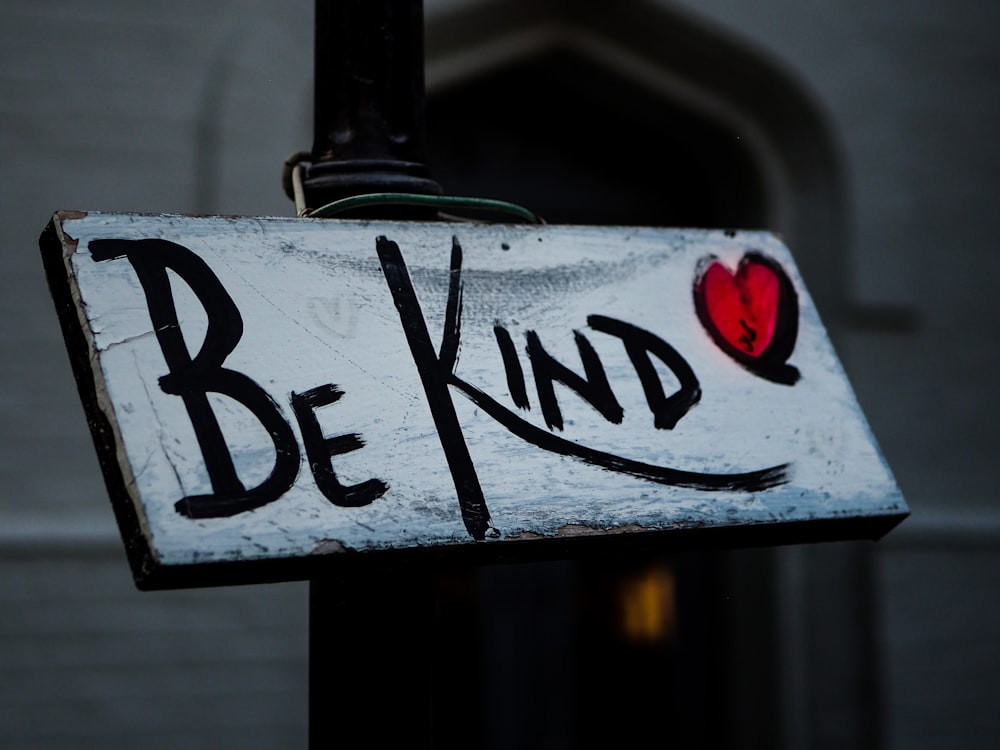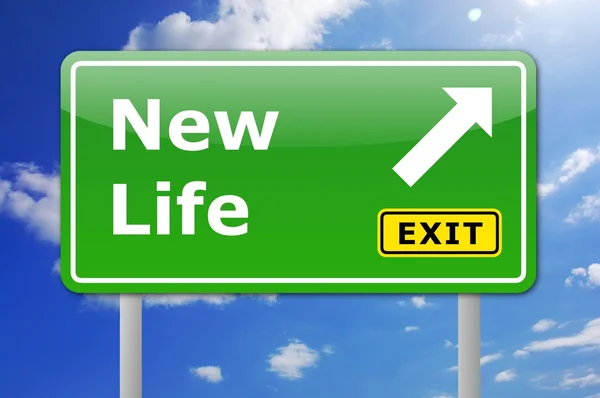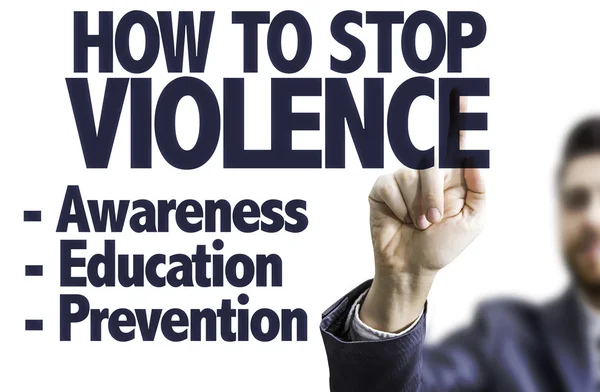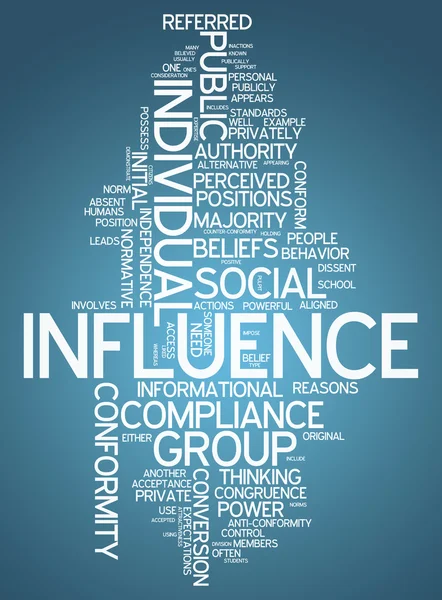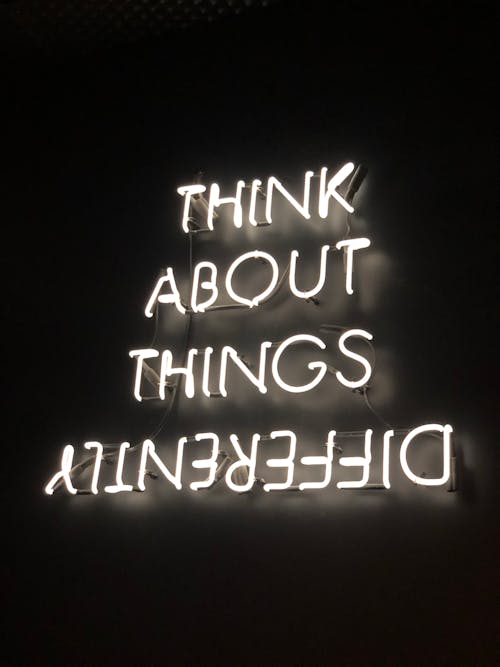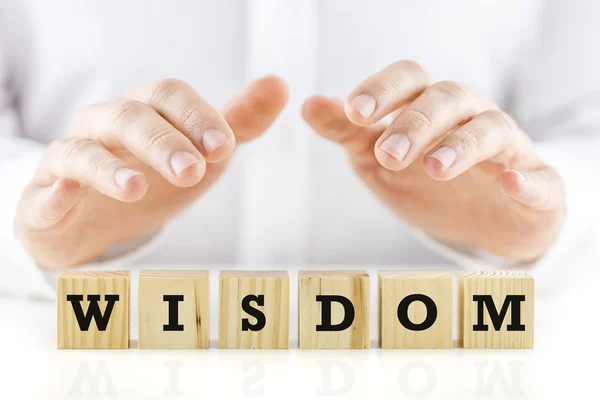The Catholic Times has an article on the recent news made public at the World Youth Day in Lisbon: The next WYD will be held in Korea, news joyfully received by the Korean Church.
In 2027, World Youth Day (WYD) will be held in Seoul, where Catholic youth from around the world will gather.
Although the number of Korean churches is not large, it is expected that hundreds of thousands of young people from all over the world will visit Korea as K-culture has spread world-wide.
As seen in the recent 'World Scout Jamboree' incident, large-scale international events require thorough preparation.
There are still four years left, but the article looks at the need to prepare for Seoul WYD.
The main schedule of the WYD main event consists of the opening Mass, catechesis by bishops, confession, Stations of the Cross, vigil, and the final Mass. Before the main event, 'Days in Dioceses' are held for about a week, and participants stay in the host diocese and neighboring dioceses. The pilgrims stay in family homes, parish or public facilities,
so that they can have a real experience of Church, evangelisation and mission
of the host country. Korea is expecting more than the 350,000 who attended the WYD in Sydney, Australia in 2008.
The problem is that there is no suitable place in Seoul to gather so many participants. Gwanghwamun Square and Seoul Plaza, where the beatification ceremony was held in 2014, are being discussed, but the venue is narrow and requires long traffic control. Seoul Airport and Imjingak, a symbol of the division of the Korean Peninsula, are also on the list, but they are outside the jurisdiction of the Archdiocese of Seoul.
At a press conference, Archbishop of Seoul replied: "We will discuss with the bishops when and how to hold the event," to a reporter’s question about when it would be held. Since WYD is mainly attended by teenagers and students, it was held in July and August during vacation. An Exception was the 1995 Manila which was held in January to avoid the heatwave in July and August.
However, it is necessary to thoroughly prepare for outdoor activities that will follow. In the case of the Lisbon WYD, participants were provided with wide-brimmed hats to avoid sunlight and were provided with drinking water anywhere, anytime.
Local governments, and believers must cooperate.
WYD is a Catholic church event, but it is also a national event. This is because cooperation and support from the government and local governments is essential to hold a large-scale event attended by the Pope, the head of the Vatican City State. Regarding this, the Seoul Archbishop also said in a press conference: "We will prepare well for the event by cooperating closely with the Vatican City State, the government authorities of the Republic of Korea, Seoul City and local governments across the country, and the security authorities."
One of the priests from the Sunshine Pastoral Center said: "Hundreds of thousands of participants usually have lodging and meals at schools, etc., and government support is essential as they move by public transportation." He also added: "As many people gather and cause inconvenience to the general public, the church must strive to obtain cooperation from other religions and civil society."
Support from dioceses, parishes, and believers, for such events as home-stays at parishes, is essential for WYD to take place properly. It is necessary to recognize that this is not an event for young people only, but an event for the entire Korean church. "We will meet Lisbon WYD participants and listen to their opinions on the local atmosphere and home-stays to do all we can to prevent missteps in our preparation for the World Youth Day."
